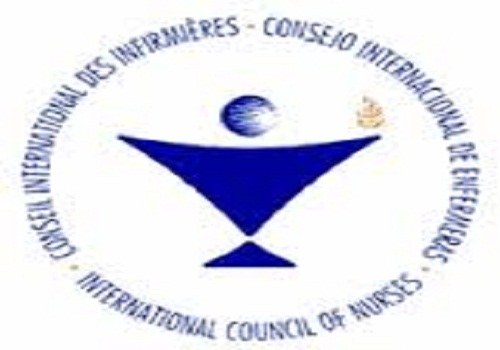The UN Commission on HEEG is charged with proposing actions to guide the creation of health and social sector jobs as a means to advance inclusive economic growth, paying specific consideration to the needs of low and middle income countries. The Commission will present multi-sectoral responses to ensure that investments in health employment generate benefits across the SDGs. ICN and nursing continually informs and provides evidence to commissions and governments around the world. As the largest health profession in the world, nurses are key to the success of any health policy or programme.
“ICN recognises this important opportunity to contribute to such strategic agenda,” said Dr Frances Hughes, ICN’s Chief Executive Officer. “We ask the Commission to recognise and assimilate the evidence from nursing and commit to action, not rhetoric. We are willing to partner with them on the solutions they propose, for the benefit of the health of communities across the globe.”
ICN submitted two contributions to the HEEG’s Call of Evidence: an opinion piece and a case study. The opinion piece looked at the importance of creating the right jobs with “the right numbers of staff with the right skills and in the right location.” The submission stated that “…nursing is a powerhouse for change, innovation and leading new ways of working”, and highlighted the importance of higher education, appropriate regulation, and retention as well as recruitment of nurses.
The case study submitted by ICN looked at evidence showing that Registered Nurse staffing levels are associated with both improved patient safety and outcomes and the health and wellbeing of the nursing workforce. It also gave numerous examples of the cost-effectiveness of nursing and the many ways in which nurses open up access, particularly to disadvantaged and vulnerable populations. ICN also emphasized the link between investing in nursing, empowering and advancing women, and reducing inequity.
ICN’s submission concluded that, “Investment in health supports and drives economic growth and this mutual dependence should be stated publicly. This is an important message of value and recognition to frontline healthcare staff who, on a daily basis, are working to give their best to patients in very challenging environments.”
The International Council of Nurses (ICN) is a federation of more than 130 national nurses associations representing the millions of nurses worldwide. Operated by nurses and leading nursing internationally, ICN works to ensure quality care for all and sound health policies globally.
Source: Medical World Nigeria

 The International Council of Nurses (ICN) took part in a consultation of the Expert Group of the United Nations Secretary-General’s High-Level Commission on Health Employment and Economic Growth (HEEG) and health professions associations held 11 April 2016 in Geneva, Switzerland.
The International Council of Nurses (ICN) took part in a consultation of the Expert Group of the United Nations Secretary-General’s High-Level Commission on Health Employment and Economic Growth (HEEG) and health professions associations held 11 April 2016 in Geneva, Switzerland.




